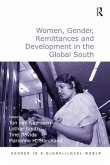
Broschiertes Buch
Revised edition
28. Juni 2015
Taylor & Francis Ltd (Sales)
| eBook, PDF | ab 45,95 € |
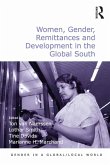
eBook, PDF
9. März 2016
Taylor & Francis eBooks
eBook, ePUB
9. März 2016
Taylor & Francis eBooks
Ähnliche Artikel
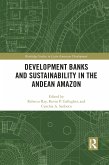
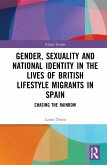
Broschiertes Buch
Chasing the Rainbow
26. September 2022
Routledge
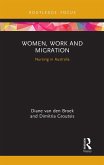
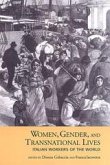
Broschiertes Buch
Italian Workers of the World
9. November 2002
University of Toronto Press
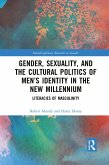
Broschiertes Buch
Literacies of Masculinity
30. Juni 2021
Routledge

Broschiertes Buch
A Study of Metropolitan Change
9. Januar 1992
Taylor & Francis
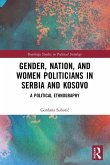
Broschiertes Buch
A Political Ethnography
25. September 2023
Routledge
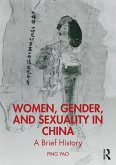
Broschiertes Buch
A Brief History
31. Dezember 2021
Routledge / Taylor & Francis

Broschiertes Buch
A Global Perspective
1. September 2001
Rutgers University Press
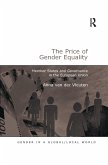
Broschiertes Buch
Member States and Governance in the European Union
30. Juni 2020
Routledge
Ähnlichkeitssuche: Fact®Finder von OMIKRON
